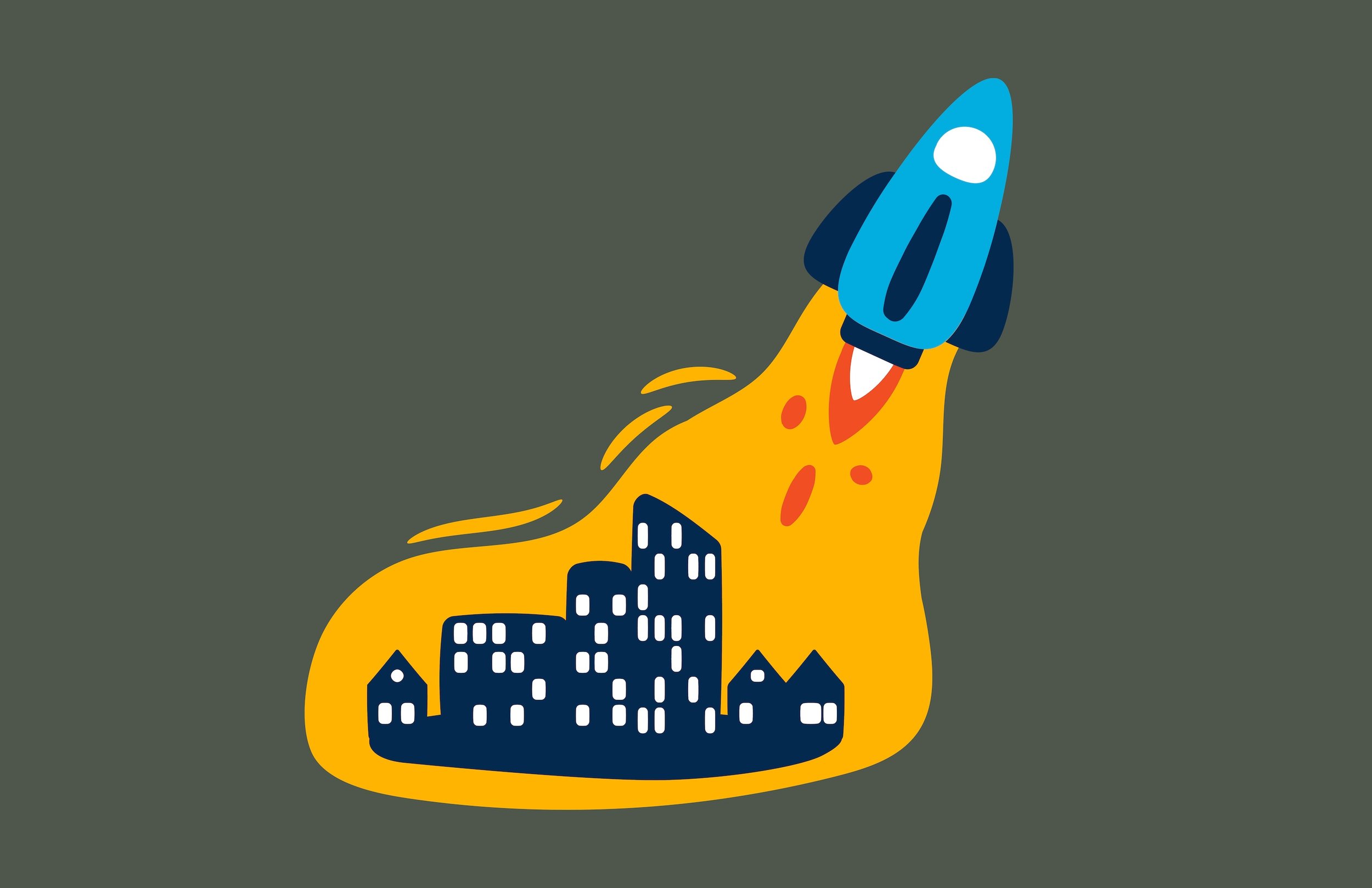What is the Availability Heuristic, and How Can it Accelerate Startup Growth?
In the dynamic world of start-ups, rapid decision-making is often the difference between success and stagnation.
Start-ups need to leverage every available tool and strategy to navigate the uncertainties and capitalise on opportunities in the market. One such cognitive tool that can significantly benefit start-ups is the Availability Heuristic.
In this article, we will explore the concept of the Availability Heuristic, understand how it functions, and uncover how it can be harnessed to expedite a start-up’s growth trajectory.
Understanding the Availability Heuristic:
The Availability Heuristic is a psychological shortcut that humans employ when making judgments or decisions. It operates on the principle that people tend to assess the likelihood of an event based on the ease with which relevant examples or instances come to mind. In simpler terms, if something is easily accessible in one's memory, it is often perceived as more likely to occur or be relevant.
How the Availability Heuristic works.
This cognitive shortcut is rooted in the idea that individuals rely on their memory and readily accessible information when evaluating situations. Events, facts, or experiences that are recent, emotionally charged, or vividly remembered tend to exert a more substantial influence on decision-making.
For instance, consider a start-up founder who recently read about a competitor's ground-breaking success. This vivid and easily recalled information might lead the founder to overestimate the potential for their own start-up to achieve similar success, even if their business is in a different context or industry.
Leveraging the Availability Heuristic for Start-up Growth:
The Availability Heuristic can become an asset for start-ups aiming for rapid growth by enhancing their decision-making processes and problem-solving strategies.
Data-Driven Decision Making: Start-ups can use data and analytics to their advantage. By providing data-backed success stories, testimonials, or case studies, start-ups can make information easily available to potential customers. This availability can instil trust and confidence in their offerings.
2. Content Marketing: Creating and disseminating compelling and informative content can make a start-up’s expertise more available in the minds of potential customers. Consistently producing valuable content can establish the start-up as an industry authority, increasing its perceived relevance and trustworthiness.
Customer Reviews and Testimonials: Encouraging satisfied customers to leave positive reviews and testimonials can amplify the availability of social proof. When potential customers see numerous positive experiences, they are more likely to trust and choose the start-up’s products or services.
Networking and Partnerships: Building strong industry connections and networking can enhance the start-up’s availability in the eyes of investors, partners, and potential customers. A robust professional network can lead to opportunities, collaborations, and increased visibility.
Customer-Centric Approach: Prioritising exceptional customer service and a seamless user experience can make the start-up more available in the minds of customers. Positive experiences increase the likelihood of customers recalling and recommending the start-up.
Challenges of the Availability Heuristic:
While the Availability Heuristic can be a valuable tool, it's crucial to be aware of its potential drawbacks. This mental shortcut can lead to biases and errors in judgment, as it may prioritise vivid and easily recalled information over statistically relevant data. Entrepreneurs should use this heuristic in conjunction with critical thinking and data-driven decision-making.
You might also like to read:





